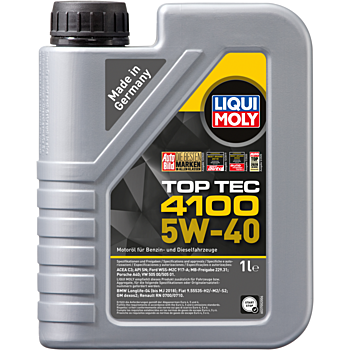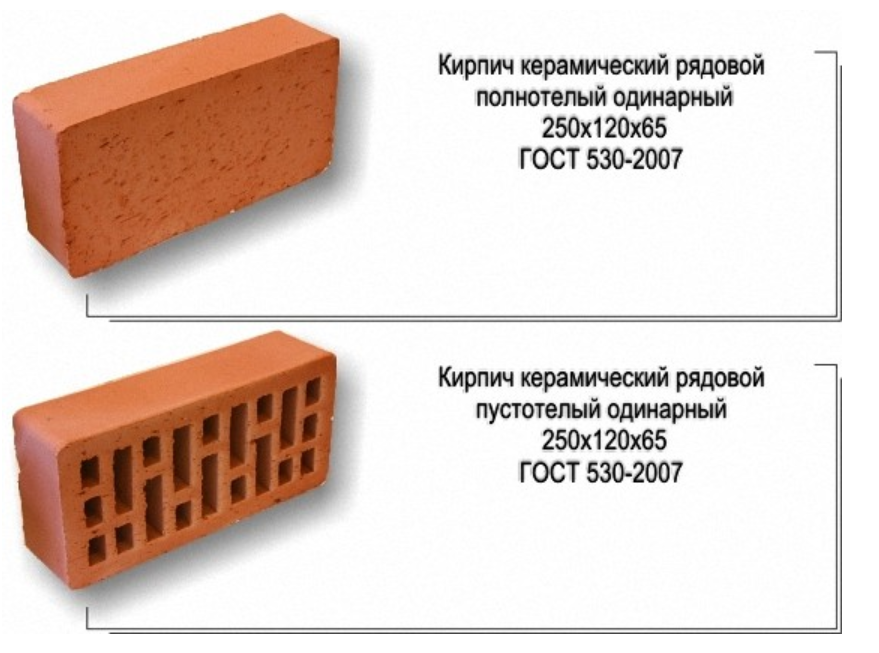
Oil for a passenger car as for a truck?
There is only one answer to the question at the head of this article: definitely not. Motor oils used in passenger cars and trucks differ from each other in chemical composition, professionally determined by the recipe. Therefore, they cannot be used interchangeably, even if the packaging indicates that they have the same viscosity.
Maximum performance or heavy load?
Motor oils in passenger cars perform different functions than those used in trucks. In the case of the former, they support, among other things, obtaining maximum performance in the form of speed or acceleration. However, with oils in diesel engines running on trucks, the situation is different. The most important task facing them is to protect the drive from heavy loads and operation over very long distances. In addition, it should be remembered that the volume of oil used in trucks is often even ten times greater than in cars. Another difference is the special compounds used in the oils called antioxidants. In the case of passenger cars, they provide resistance to temporary thermal overloads. The situation is different in the case of large diesel engines, where it is much more important to guarantee their durability with long intervals between subsequent oil changes (in some cases, especially in vehicles used for long-distance transport, this distance reaches 100 km). ).
Watch out for DPF filters and rings!
One of the most important tasks of an engine oil is to maintain the proper alkaline pH. The so-called detergents, which turn into ash in a combustion reaction. Hence the difference between low ash and high ash oils. The former are mainly used in car engines equipped with a diesel particulate filter (DPF), while high-ash oils can be found mainly in trucks. Therefore, they cannot be used interchangeably in cars and trucks. Why? The answer is simple. High-ash oil poured into an engine with a particulate filter will cause blockage (clogging) in a short time. Also, low-ash oil from a passenger car will cause harm to your truck, such as faster wear of cylinder liners and corrosion of piston rings.
Dispersant is not equal to dispersant
Car and truck engines also differ in terms of fuel consumption. The high consumption of diesel fuel leads to the deposition of more soot than in the case of passenger cars. It should be added that the problem here is not the amount of soot itself, but its effect on engine oil. The latter becomes more viscous, which causes difficulties in its circulation in the lubrication system. To prevent this from happening, motor oils use special compounds called dispersants. Their main job is to break up the accumulation of soot particles so that they can flow freely with the engine oil, i.e. through oil channels. Thus, due to the different amounts of dispersants in oils intended for trucks and cars, they cannot be used interchangeably.
When to replace?
Experts recommend changing engine oil in passenger cars at least once a year (or after a run of 15-30 thousand km), and if the car is used in difficult conditions, even twice as often. In the case of trucks, everything is different - it all depends on the type of use and purpose. So, in the case of construction vehicles operating under the greatest load, engine oil should be changed within 30-40 thousand. km, and for delivery vehicles it is increased to about 50-60 thousand km. km. Least of all, engine oil is changed in large trucks intended for long-distance transportation - here the interval reaches even 90-100 thousand. km.

